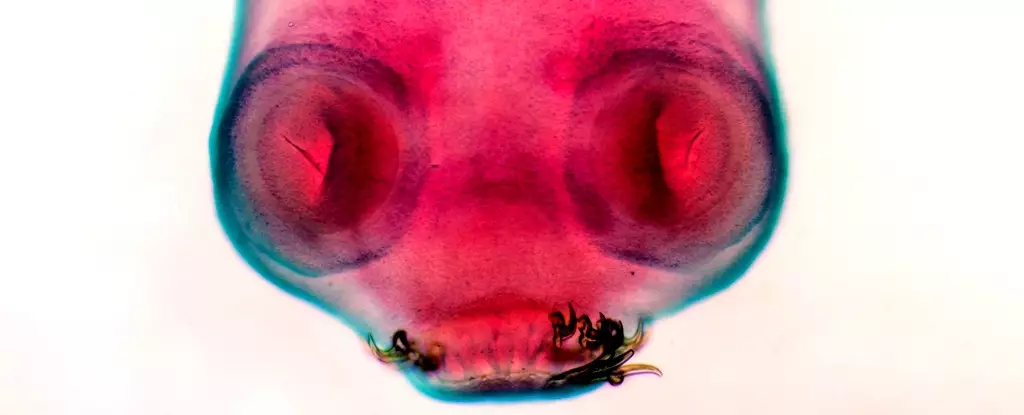In a recent deposition reviewed by the New York Times, independent US presidential candidate Robert F. Kennedy Jr. disclosed a harrowing experience involving a parasitic infection in his brain. Initially, doctors suspected a brain tumor due to cognitive difficulties he was experiencing. However, it was later discovered to be a pork tapeworm larva (Taenia solium) that had infiltrated his brain. This particular parasite is predominant in low-income countries where people reside in close proximity to livestock, specifically in regions of southern Africa, Latin America, and Asia. The incidence of cases in the US is reported to be relatively low, with only a few hundred cases per year. Neurological infections caused by pork tapeworms are exceedingly rare in Europe.
Tapeworms are parasitic flatworms that inhabit the intestines of their hosts. Once attached to the human intestinal wall, tapeworms mature and grow by absorbing nutrients from the gut. They can develop into lengths of up to four meters, with each proglottid containing a multitude of reproductive organs. These proglottids are eventually excreted and can be observed in feces, indicating an active infection. The larvae of tapeworms have the ability to survive outside their human hosts and can be transmitted to pigs through contaminated vegetation. When pigs ingest these larvae, they develop cysticercosis, which can affect various organs including the heart, liver, lungs, and brain.
When humans consume the meat of an infected animal without proper cooking, the cysticerci can penetrate the intestinal wall and spread to different parts of the body, including the brain. Neurocysticercosis occurs when tapeworm larvae infiltrate the brain tissue and absorb its nutrients. Initially, individuals may experience mild symptoms such as nausea, pain, diarrhea, and changes in appetite, which can easily be mistaken for common gastrointestinal issues. However, as the larvae form cysts in the brain, serious and potentially life-threatening symptoms can arise, including seizures and defects in brain function, which can be detected through brain scans.
Antihelminthic drugs such as niclosamide and praziquantel are commonly used to treat tapeworm infections, as they have broad-spectrum activity against various types of tapeworms. In some cases, anti-inflammatory medications may also be prescribed to alleviate symptoms. Surgery becomes the last resort when patients do not respond to drug therapy. The impact of neurocysticercosis on the brain can be severe, leading to critical consequences if left untreated.
To avoid the risk of tapeworm infections, it is crucial to practice good hand hygiene, especially after using the toilet and handling raw meat. Thoroughly cooking meat to eliminate any potential parasites is essential in preventing the transmission of tapeworm larvae. By taking simple precautions and being mindful of hygiene practices, individuals can reduce the likelihood of encountering such serious parasitic infections.



Leave a Reply